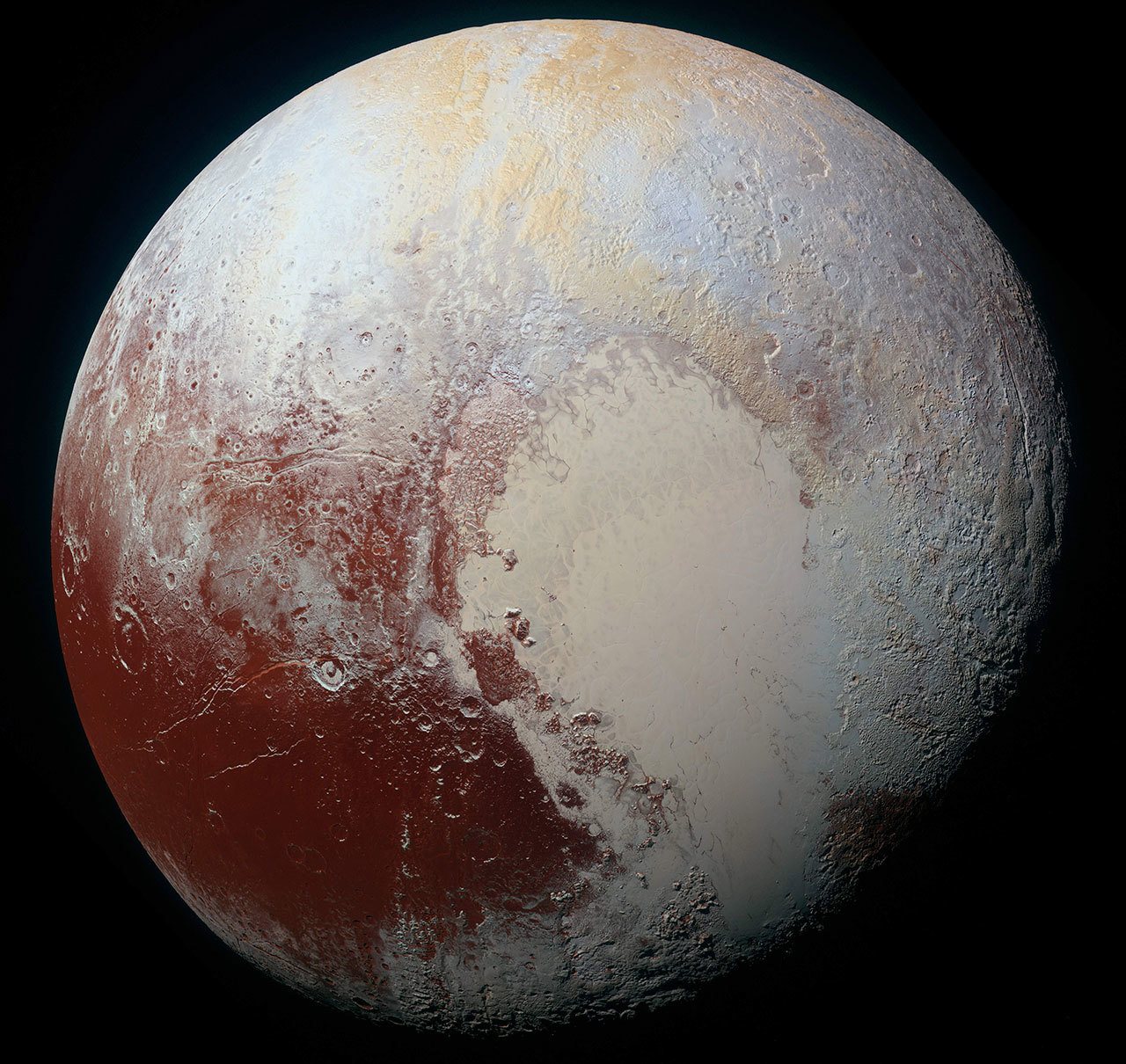By The Herald Editorial Board
All of those who grew up having learned that Pluto was the ninth planet in the solar system and were disappointed when it was demoted to “dwarf planet” in 2006 may eventually be vindicated.
A group of NASA scientists, including those who recently worked on the 2015 New Horizons probe’s flyby of the planet (sorry, dwarf planet; guess when we went to school), are proposing that the International Astronomical Union reconsider its definition of what a planet is. The move would return Pluto to the planetary club, but would also broaden the definition to include the Moon and other bodies in the solar system and beyond, Forbes and USA Today reported earlier this week.
There is some professional competition driving the proposal. In other words: nerd fight.
Alan Stern, the NASA investigator who led the New Horizons mission, told Business Insider in 2015 that Pluto’s demotion was “bull****.” The definition, Stern said, should have been left to planetary scientists.
“Why would you listen to an astronomer about a planet?,” he told the Insider.
Easy, professor; holster the pocket protector before somebody gets hurt.
But Stern has a point: The IAU’s definition of planet is nebulous. It defines a planet as a celestial body orbiting the sun with enough mass to assume the shape of a sphere and to clear its orbit of other bodies. The definition forced the creation of new terms, such as dwarf planet for Pluto’s benefit; exo-planet to describe planets outside our solar system; and rogue planet to describe free-range bodies in space that don’t have an orbit.
The main problem with the IAU definition is that a planet’s ability to clear its orbit of smaller bodies doesn’t mean much; a planet the size of Earth that was in Pluto’s orbit wouldn’t qualify and objects frequently cross the paths of planets, regardless of their size.
The planetary scientists, instead, want the IAU to consider the following definition: “A planet is a sub-stellar mass body that has never undergone nuclear fusion and that has sufficient self-gravitation to assume a spheroidal shape adequately described by a triaxial ellipsoid regardless of its orbital parameter.”
Or, as Mr. Spock would have explained it to Dr. McCoy, while raising an eyebrow: “Round objects in space that are smaller than stars.”
The problem for Stern’s definition is that it ropes in much more than Pluto, and would redefine more than 100 objects in the solar system as planets, according to a report in Popular Science by Sara Chodosh.
That may be too broad a definition for those who took pride in naming all nine planets correctly when quizzed in class.
Stern and his colleagues are concerned that without a planetary designation, the public won’t be as interested in exploration. But scientific curiosity doesn’t appear to be limited only to what we now call planets.
New Horizons captured public attention, as did the European Space Agency’s Rosetta Mission, with support from NASA, that landed a probe on a comet in 2014. And while a launch isn’t planned until the 2020s, there should be keen interest in NASA’s mission to explore Jupiter’s moon, Europa, which may have an ocean of water — and the possibility of life — beneath its icy surface.
Why does it matter what Pluto or anything else in our solar system is called?
Because definition and classification are key parts of science, Popular Science’s Chodosh explains, and both change with scientific observation and discoveries.
“The fact that people (even experts like the scientists at NASA) go back and forth on what definitions we should use doesn’t make them less meaningful. It just means that we’re still learning,” Chodosh writes.
And sometimes we learn that we were right the first time.
Talk to us
> Give us your news tips.
> Send us a letter to the editor.
> More Herald contact information.

























